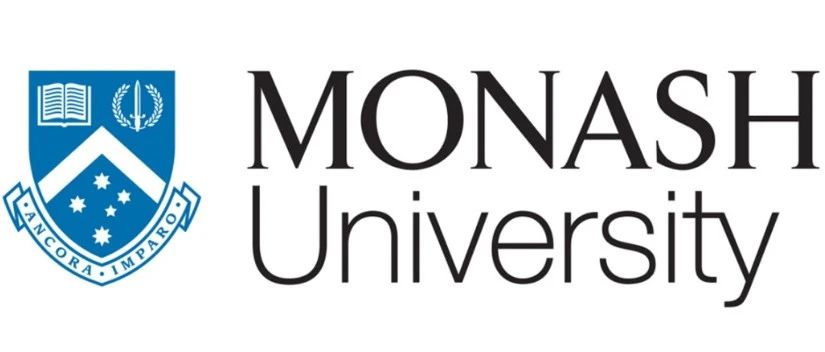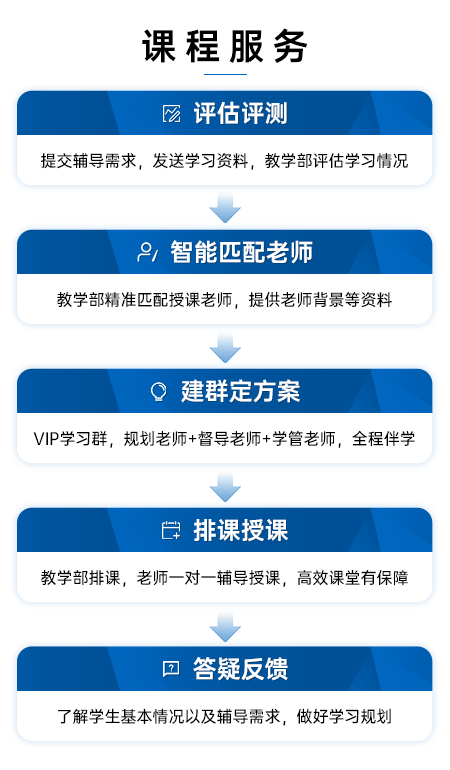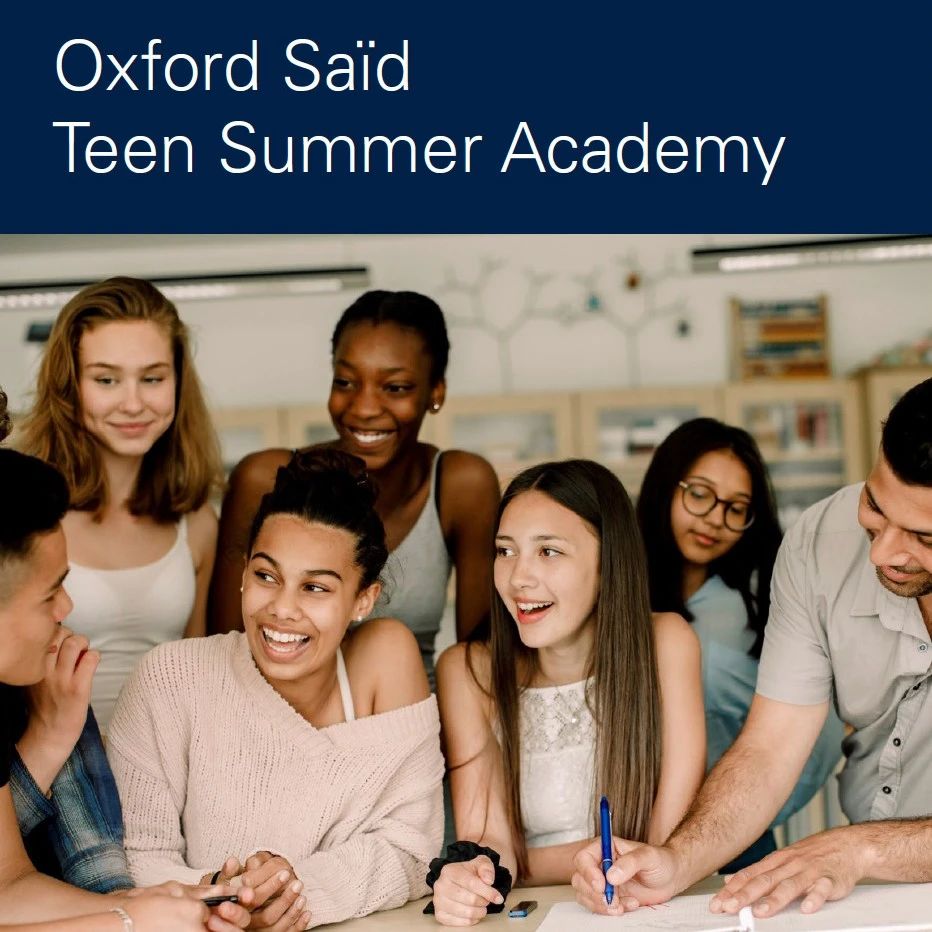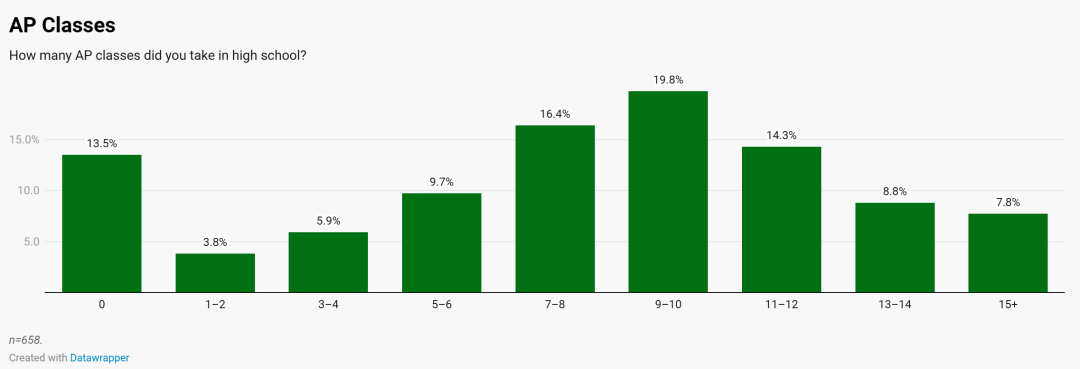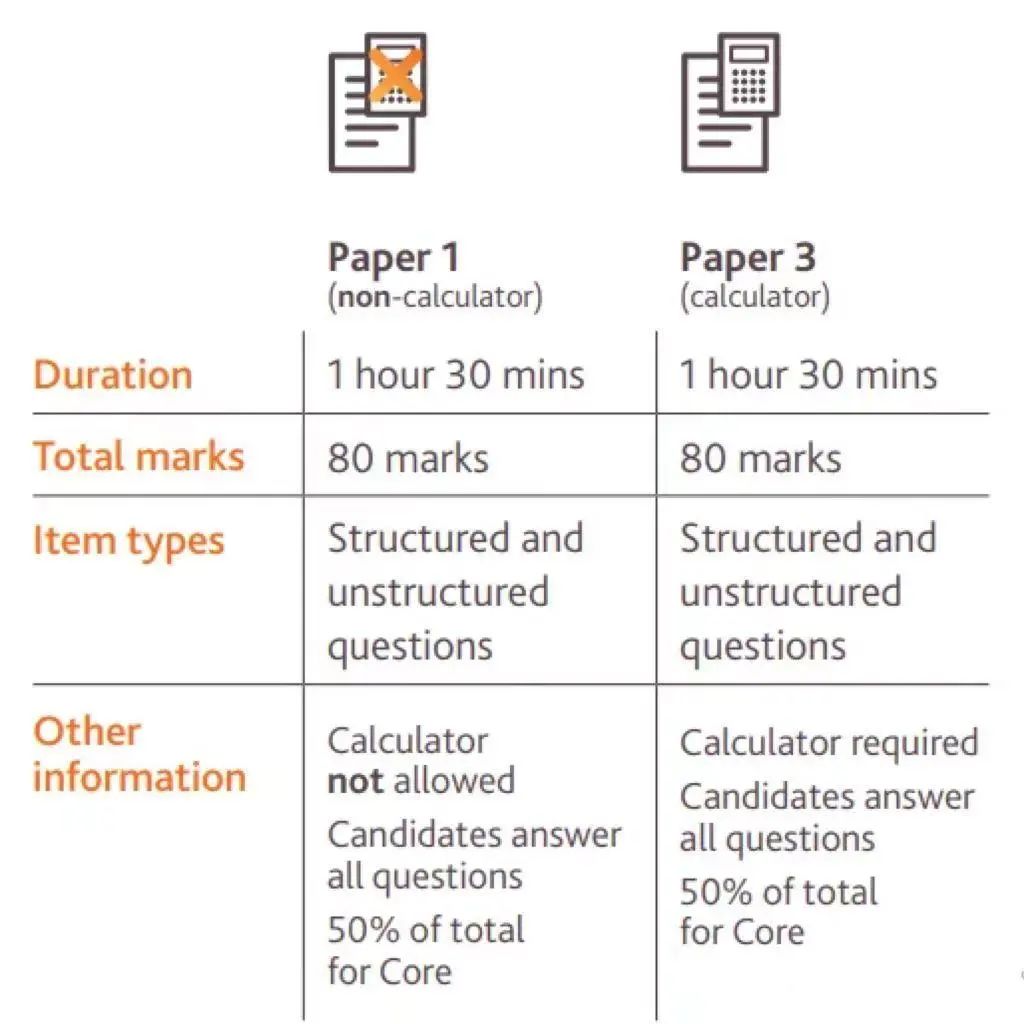本期为大家推荐苏黎世联邦理工、哥德堡大学最新2024岗位制博士项目信息。
苏黎世联邦理工学院
Doctoral (PhD) Student Positions in Control for Advanced Manufacturing
ETH Zürich |Automatic Control Laboratory
Field:Electrical Engineering, Mechanical Engineering
APPLICATION DEADLINE: 招满即止
About the Project
In theAutomatic Control Laboratory (IfA)is a community of approximately 50 researchers working on the development of methods and computational tools for automation, exploring their potential for promoting our social well-being in areas such as energy systems, transportation, and industrial processes.
The doctoral student positions we are looking to fill are in the area of control and automation of industrial processes. They are supervised by Prof. John Lygeros in collaboration with Dr. Efe Balta fromInspire AGand Prof. Alisa Rupenyan from theZurich University of Applied Science (ZHAW).
Project background
Advanced manufacturing is central to sustainable automation with high-impact opportunities in both research and society. It involves complex physical and chemical processes that need to be executed with high precision and minimal interruptions throughout a life cycle. Incorporating predictive models and advanced control using data opens up exciting new possibilities in this domain. Our research aims to develop novel methods at the intersection of advanced control, optimization, manufacturing science, and machine learning, to create the next generation of sustainable automation solutions for modern manufacturing systems and supply chains.
Job description
We are looking for motivated doctoral students to contribute to this effort. The envisioned research will address:
Online learning-based control and control-oriented machine learning with application to advanced manufacturing systems, using methods such as Reinforcement Learning, Online Convex Optimization, and Iterative Learning Control.
System-level hierarchical controller optimization for industrial systems and decision-making using methods frombilevel, on-line, and differentiable optimization.
Control and task planning for advanced manufacturing using domain knowledge and expert feedback using methods from domain adaptation, transfer learning, and large-language models and expert feedback in process planning.
Digital twin-based learning and optimization formanufacturing processes such as 3D Printing, laser cutting, precision motion, robotic manipulation, using methods in machine learning, federated learning, and optimization.
In all cases, the results will be demonstrated on real-world advanced manufacturing and robotic systems in collaboration with industrial partners, helping to improve the efficiency and sustainability of their products.
Your goal will be to translate your own research ideas to tackle these challenges, in close collaboration with our interdisciplinary team. As part of this process, you will support our master students, publish in scientific journals, and participate in conferences. The positions are supported by theNCCR Automationand the European ProjectDMaaSTthat offer excellent opportunities for national and international collaboration with academic and industrial partners.
Your profile
You are highly motivated and dedicated with a master’s degree in electrical, mechanical, or industrialengineering. Programming, modelling, and data analysis skills inpython and machine learning/optimization libraries support you in contributing to our ongoing software development efforts. Your spoken and written English skills help you navigate our international environment.
Curious? So are we.
We look forward to receiving your complete online application including
a letter of motivation indicating with of the above positions (1-4) you are most interested in
CV
certificates and diplomas
contact details of two reference persons
We exclusively accept applications submitted through our online application portal; applications via email or postal services will not be considered. Questions for the first two positions should be directed to Dr. Efe Balta (efe.balta@inspire.ch) and for the second two to Prof. Alisa Rupenyan (rupn@zhaw.ch); applications sent to these email addresses will not be considered.
哥德堡大学
Doctoral student in Marine Biogeochemistry focusing on how Blue Growth sectors will influence greenhouse gas fluxes
University of Gothenburg | Department of Marine Science
Field: Biochemistry, Geochemistry, Oceanography, Environmental Chemistry
APPLICATION DEADLINE: 19 June, 2024
About the Project
The University of Gothenburg tackles society’s challenges with diverse knowledge. 56 000 students and 6 600 employees make the university a large and inspiring place to work and study. Strong research and attractive study programmes attract researchers and students from around the world. With new knowledge and new perspectives, the University contributes to a better future.
Doctoral position
in Marine Biogeochemistry
The Department of Marine Science (https://www.gu.se/marina-vetenskaper) at the University of Gothenburg has with its broad scientific competence area and its unique infrastructure the most complete environment for marine science and marine education in Sweden. Only a few similar organisations exist in Europe. Through advanced research infrastructure and the clear connection to societies needs and challenges, the department contributes to new solutions for the global challenges surrounding the ocean.
The Department of Marine Science conducts science, education and innovation related to the sea and its resources. The operation is conducted in Gothenburg, at the research stations Kristineberg Center for Marine Science and Innovation and Tjärnö Marine Laboratory, as well as on the research vessel Skagerak. The department has an interdisciplinary width that includes marine biology, marine chemistry, marine geology, marine conservation and oceanography, and the research area spans geographically from coast to world ocean.
Our scientists and students often have prominent roles in international expeditions, from Antarctica, Arctic, and the great world seas, but also work in our newly built laboratories with advanced equipment and complex analyses methods. The department also has a broad education palette, including a bachelor’s program, three master´s programs and a Ph. D. education in the marine domain
General information about being a doctoral student at the University of Gothenburg can be found on the university's doctoral student pages.https://medarbetarportalen.gu.se/doktorand/?languageId=100001&skipSSOCheck=true
Subject area description
The ocean is one of the most quickly changing regions globally. The blue growth wants to promote and prioritize the expansion of marine economy sectors such as marine industrial activities, sustainable energy, marine tourism, fisheries, and aquaculture. For example, aquaculture is the fastest growing food sector currently and feeds more than half of the world’s population with marine products. Along with these massive growths, investigating marine biogeochemical cycles in affected regions is crucial for understanding current and projected carbon and nitrogen budgets.
The coastal ocean fuels the atmosphere with conspicuous amounts of methane (CH4) and nitrous oxide (N2O). This is because the distance from the seafloor to the surface is relatively short, and a fraction of the sedimentary CH4 and N2O does not get fully consumed in the water column. Under increasing pressures from human activities, it is not clear whether the distribution of CH4 and N2O in the upper coastal ocean will decrease or increase. For example, fish farming activities increase the transport of organic matter to the sediments, which may increase remineralization and CH4 and N2O fluxes. However, quantifications of how much GHGs reach the atmosphere due to mariculture are scarce at present.
This PhD project aims to address these knowledge gaps to deliver several outcomes crucial from both scientific and management perspectives. Specifically, the student will:
(a) resolve high-resolution CH4 and N2O benthic and sea-air fluxes from bivalve and fish farming;
(b) determine the impact of novel entities on benthic carbon and nitrogen cycling including fluxes of CH4 and N2O;
(c) compare emissions deriving from fast-growing Blue Economy sectors to build updated carbon and nitrogen budgets.
The proposed project includes collaboration with scientists from environmental chemistry, molecular ecology, benthic ecology, and biogeochemistry that will improve our understanding of how human pressures may alter vital ecosystem services and will make it possible to propose potential mitigation measures.
Duties
Research assignments - The PhD student will participate and organize research expeditions mainly using small vessels and boats; carry out continuous CH4 and N2O flux measurements; sample water, sediment, and animal specimens; perform lab analyses of gas concentrations, isotope compositions and possibly genetic analyses of biological samples.
Practical tasks include, but are not limited to, development of protocols for in situ measurements (chambers, bubble catchers, etc.), application of new laboratory techniques, analyses of gases and nutrients with multiple instruments, data analysis, and paper writing.
The candidate is expected to travel for extended periods of time and work in remote locations.
Education at third-cycle level comprises four years of full-time study, and leads to a doctoral degree.
As part of your employment as a doctoral student, you may have departmental duties corresponding to up to 20 % of full-time employment, distributed throughout your study period. Departmental duties usually consist of teaching at first- and second-cycle levels, but may also include research and administration.
What we offer
The PhD student will join a young, thriving, and enthusiastic team working on Marine biogeochemistry at the Department of Marine Science in Gothenburg. The PhD student will carry out their own project but at the same time will collaborate with other students and postdocs. Excellent collaborative skills are required as their work will be linked to multidisciplinary groups and active collaboration with researchers from GU, Stockholm University, University of Bergen and others.
The candidates will have access to state-of-the-art research vessels and biogeochemistry laboratories. Main working place is campus Gothenburg located in the brand new Science Faculty building Natrium (https://www.gu.se/en/study-gothenburg/natrium-a-new-building-on-medicinareberget).
Eligibility
Education at third-cycle level requires general eligibility and, where appropriate, specific eligibility as set out in the general syllabus for the subject.
The general eligibility requirements for education at third-cycle level are:
- having completed a degree at second-cycle level, or
- the fulfilment of course requirements totalling at least 240 credits, of which at least 60 credits must be at second-cycle level, or
- the acquisition of equivalent knowledge in some other way, either in Sweden or abroad.
To meet the specific entry requirements for third-cycle studies, applicants must:
- have a master’s degree in a relevant* subject area in the natural sciences,
- have completed studies for at least 60 higher education credits at a second-cycle level in relevant subject areas in the natural sciences, or
- have completed a corresponding programme of relevance to the planned third-cycle programme, in Sweden or in another country, or have equivalent qualifications.
*Relevant subject for the planned third-cycle education is biogeochemistry, environmental chemistry, marine ecology, marine chemistry, environmental sciences, or a closely related field.
Assessment criteria
The selection of applicants who meet the basic and specific eligibility requirements will be based on the ability to assimilate the education at third-cycle level.
The following is considered essential:
- Experience with nutrient and/or greenhouse gas determinations
- Familiarity with handling marine samples, i.e., seawater and sediments
- Driver’s license
- Exemplary teamwork and communication skills
- Experience with project planning and coordination (experimental design, setting up incubation experiments, logistics)
The following is considered advantageous:
- Solid skills in data analyses
- Have skills in working at sea on boats and research vessels.
Employment
Once you have been admitted for education at third-cycle level, you will be employed as a doctoral student at the University of Gothenburg.
The provisions for employment as a doctoral student can be found in ordinance SFS 1993:100.
Initial employment as a doctoral student may apply for a maximum of one year, and may be renewed by a maximum of two years at a time.
A doctoral student may be employed as a doctoral student for a maximum of eight years, but the total period of employment may not be longer than the equivalent of full-time education at third-cycle level for four years.
Type of employment: Fixed term employment, 4 years.Extent: Full time, 100%.Location: Until further notice at the Department of Marine Sciences at GothenburgFirst day of employment: As soon as possible, and no later than 1st of August 2024.
The University applies a local agreement on salaries for doctoral students.
Selection process
First a selection based on the qualifications and merits of the candidates will be carried out, and the candidates will be ranked. The highest ranked applicants will be contacted for interview. Interviews will take place either in person or on Zoom.
Interviews are typically one hour long, during which the candidate presents their previous work, and gets an opportunity to ask the selection committee about the project, the life in the department, and other administrative questions. Experience with scientific writing in English and will be tested during interviews. The selection committee is making the final decision.
Contact information
If you have any questions about the position (the project, duties etc.), please contact Docent Stefano Bonaglia,stefano.bonaglia@gu.seIf you have any questions about the recruitment process, please contact Sofie Emanuelsson, HR,sofie.emanuelsson@gu.se
Application
You can apply to be admitted for education at third-cycle level via the University of Gothenburg’s recruitment portal.
It is your responsibility to ensure that the application is complete as per the vacancy notice, and that the University receives it by the final application deadline.
The following documents should be included in the application:
- A short cover letter written in English, with the applicant’s motivation for the position that describes how the applicant meets the selection criteria and how the application is well suited for the proposed work (max. one A4 page).
- An attested list of qualifications (CV) that includes possible publications.
- Examination certificates and a transcript of courses with grades.
- A copy of the master thesis (or equivalent). If you have not yet completed the thesis yet, please include a short description of the thesis work with title, abstract and brief overview of results (in English).
- Employments certificates and other documents deemed important by the applicant.
- Contact information for at least two references that are familiar with the applicant’s qualifications.
- Reference number should be clearly stated when sending complementary documents.
Applications must be received by: 2024-06-19






